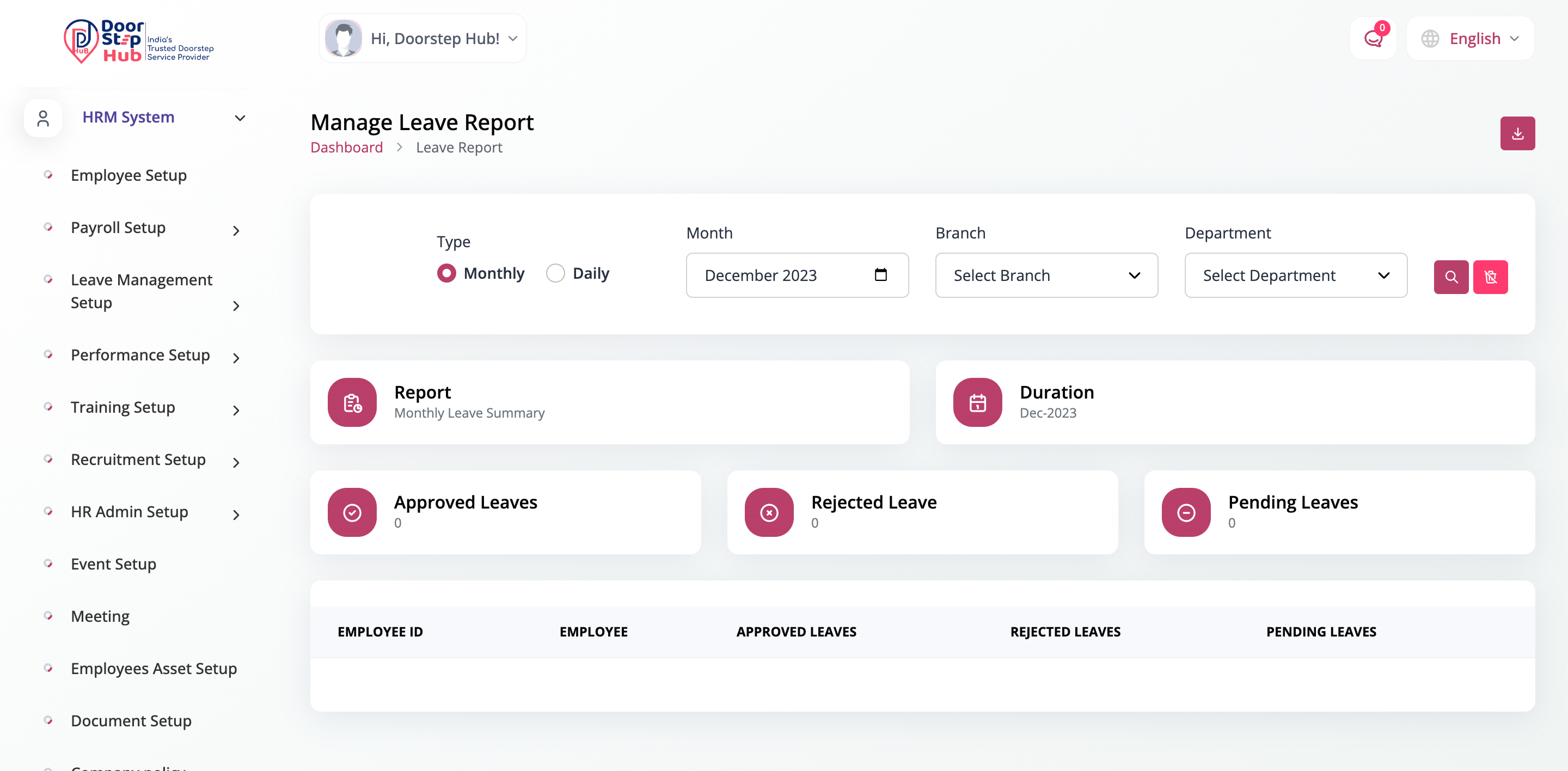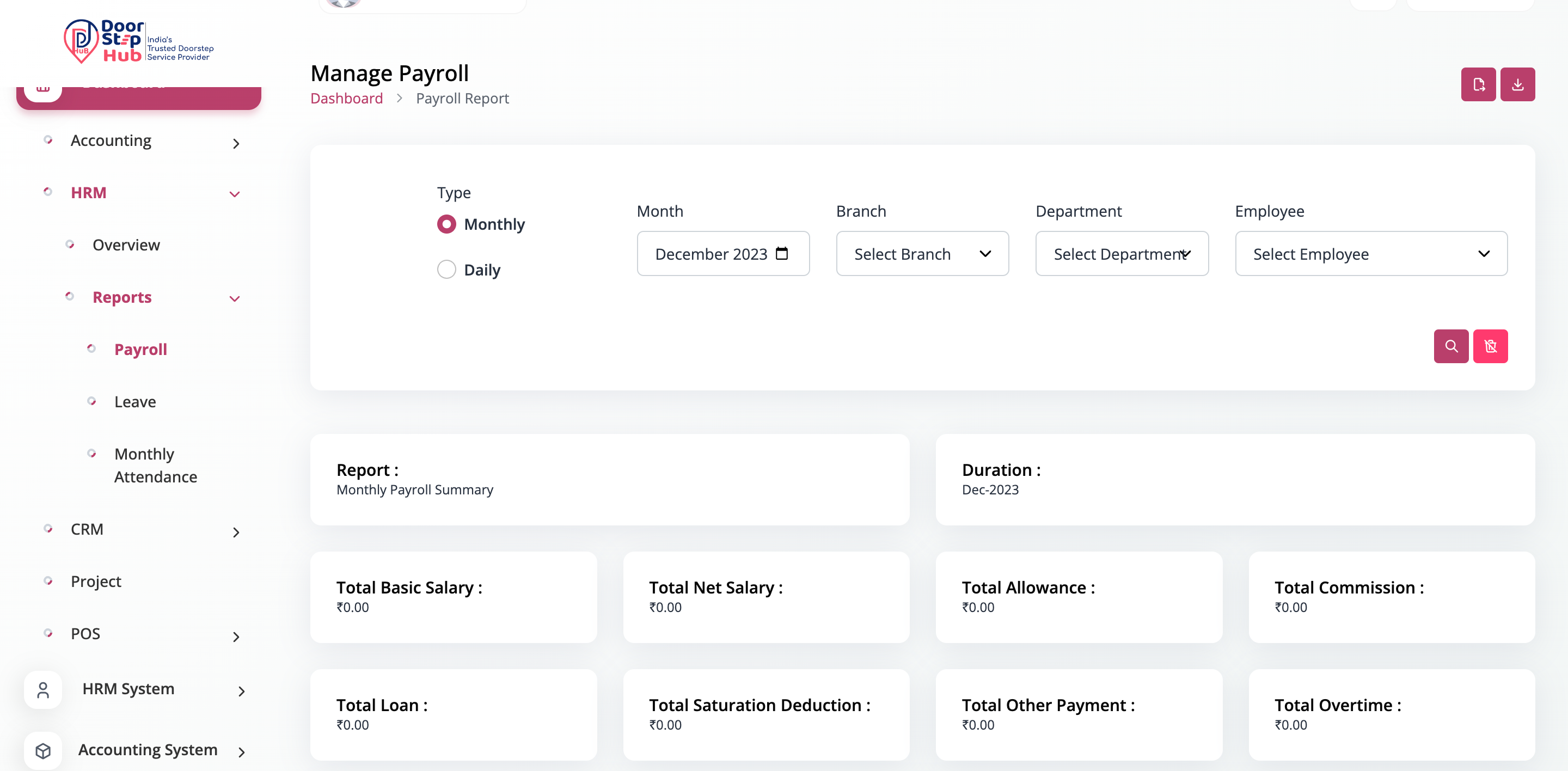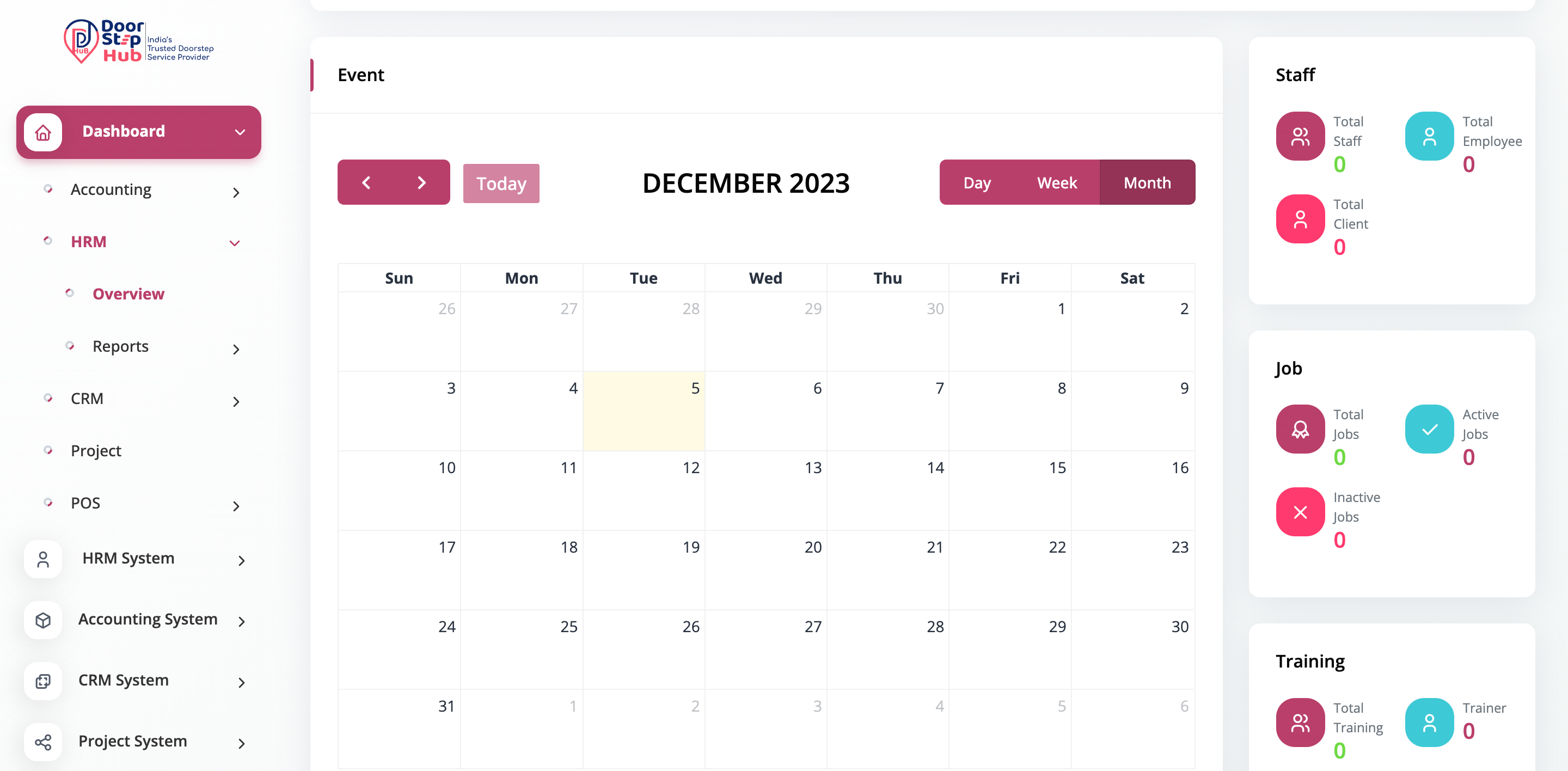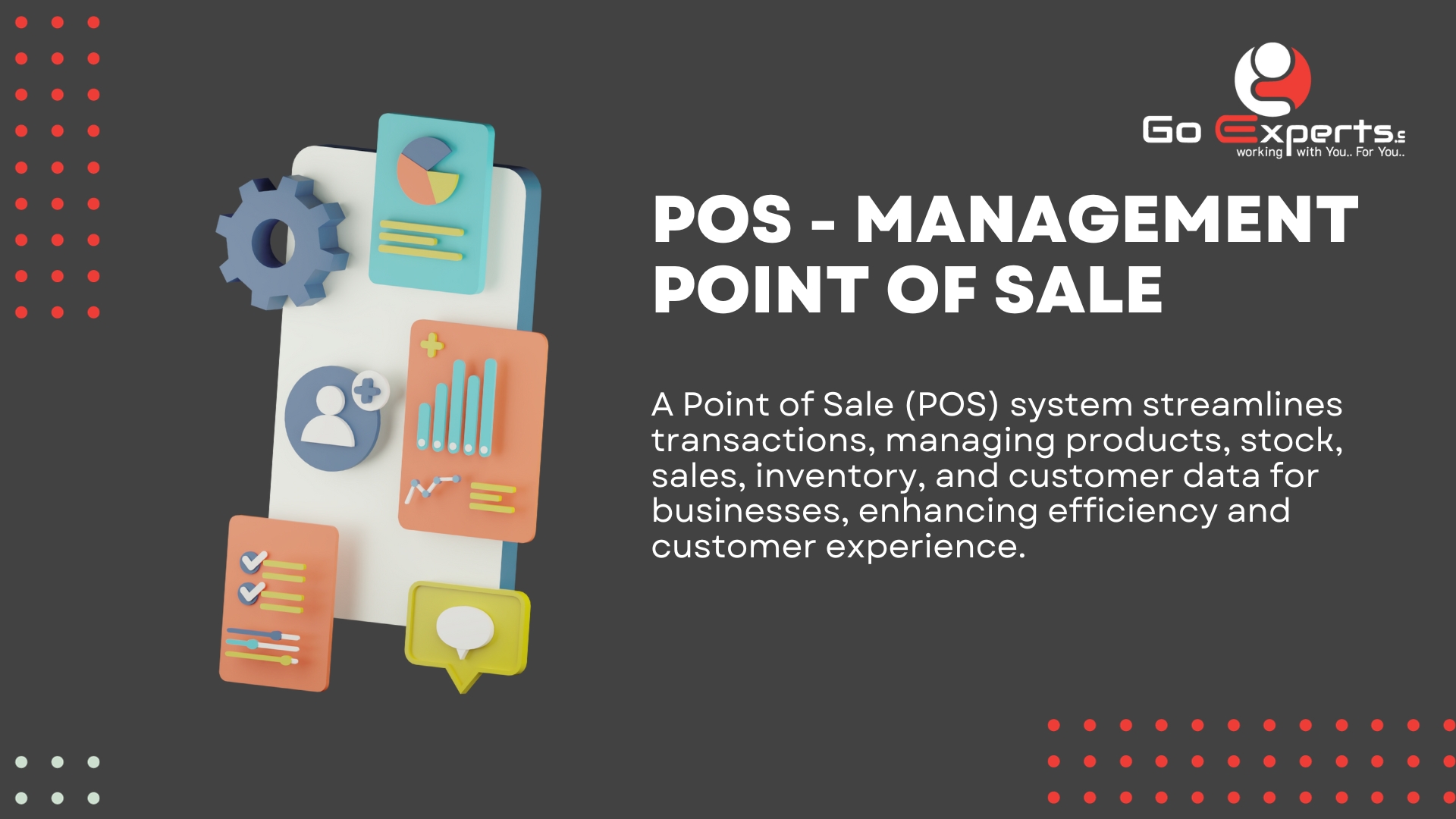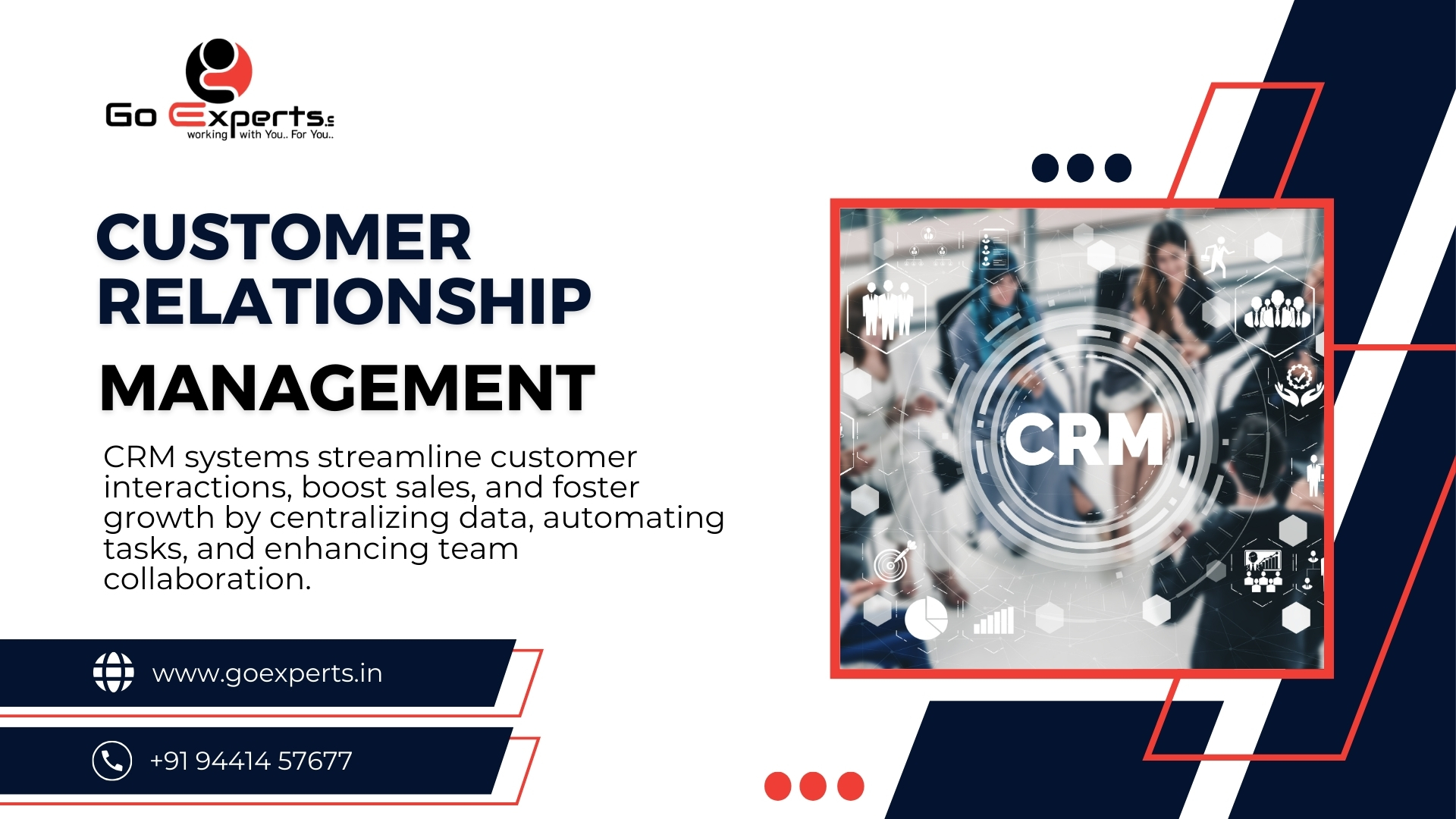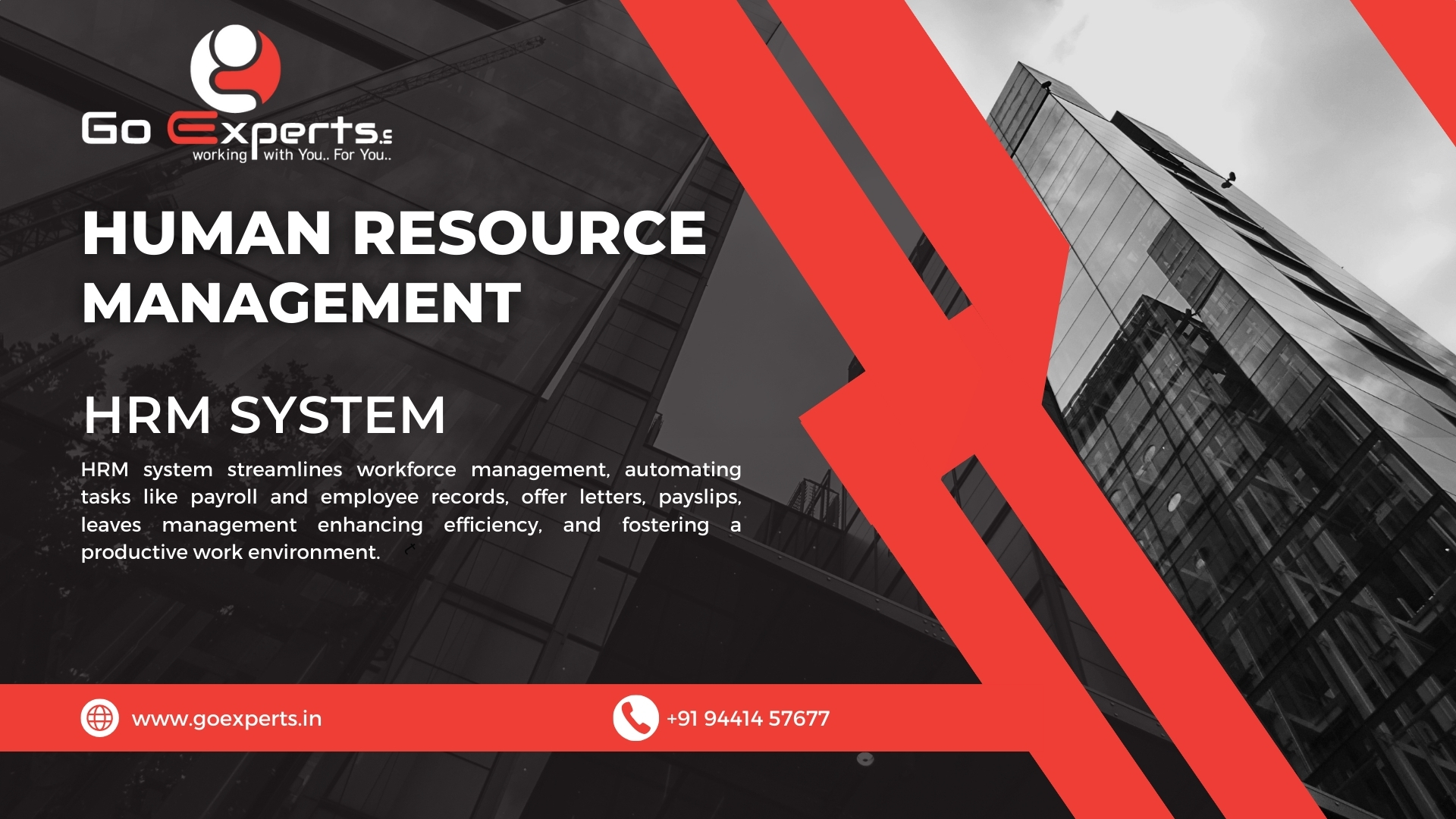
What is HRM? What is benefits of HRM? How it is useful?
Human Resource Management (HRM) is a strategic approach to managing an organization's most valuable asset: its people. It encompasses a range of activities aimed at effectively utilizing and developing human resources to achieve organizational goals. HRM involves the recruitment, selection, training, and management of employees, as well as the design and implementation of policies and procedures to ensure a productive and positive work environment.
The benefits of HRM are multifaceted. Firstly, HRM plays a pivotal role in talent acquisition. Through effective recruitment and selection processes, HRM helps identify and attract individuals with the right skills and attributes to contribute to the organization's success. Moreover, HRM fosters employee development through training programs, performance appraisals, and career planning, ensuring that employees continuously enhance their skills and capabilities.
Employee retention is another key advantage of HRM. By creating a positive workplace culture and offering competitive compensation and benefits packages, HRM helps retain valuable talent, reducing turnover and the costs associated with recruitment and training. Additionally, HRM is instrumental in managing employee relations, resolving conflicts, and fostering a harmonious work environment, contributing to higher employee satisfaction and productivity.
Strategic HRM aligns human resource practices with the overall strategic objectives of the organization. It involves workforce planning, where HR professionals anticipate future staffing needs and develop strategies to meet those needs. Strategic HRM also involves aligning individual goals with organizational goals, creating a shared vision that leads to increased employee engagement and commitment.
Moreover, HRM is crucial for legal compliance and risk management. HR professionals navigate complex labour laws and regulations, ensuring the organization operates ethically and avoids legal pitfalls. They develop policies and procedures that promote fairness, equality, and a safe working environment, mitigating legal and ethical risks.
In summary, HRM is indispensable for modern organizations as it contributes to talent acquisition, employee development, retention, strategic alignment, legal compliance, and risk management. By investing in effective HRM practices, organizations can create a workplace that attracts and retains top talent, fosters innovation and productivity, and ultimately achieves long-term success in a dynamic and competitive business environment.
Gallery
